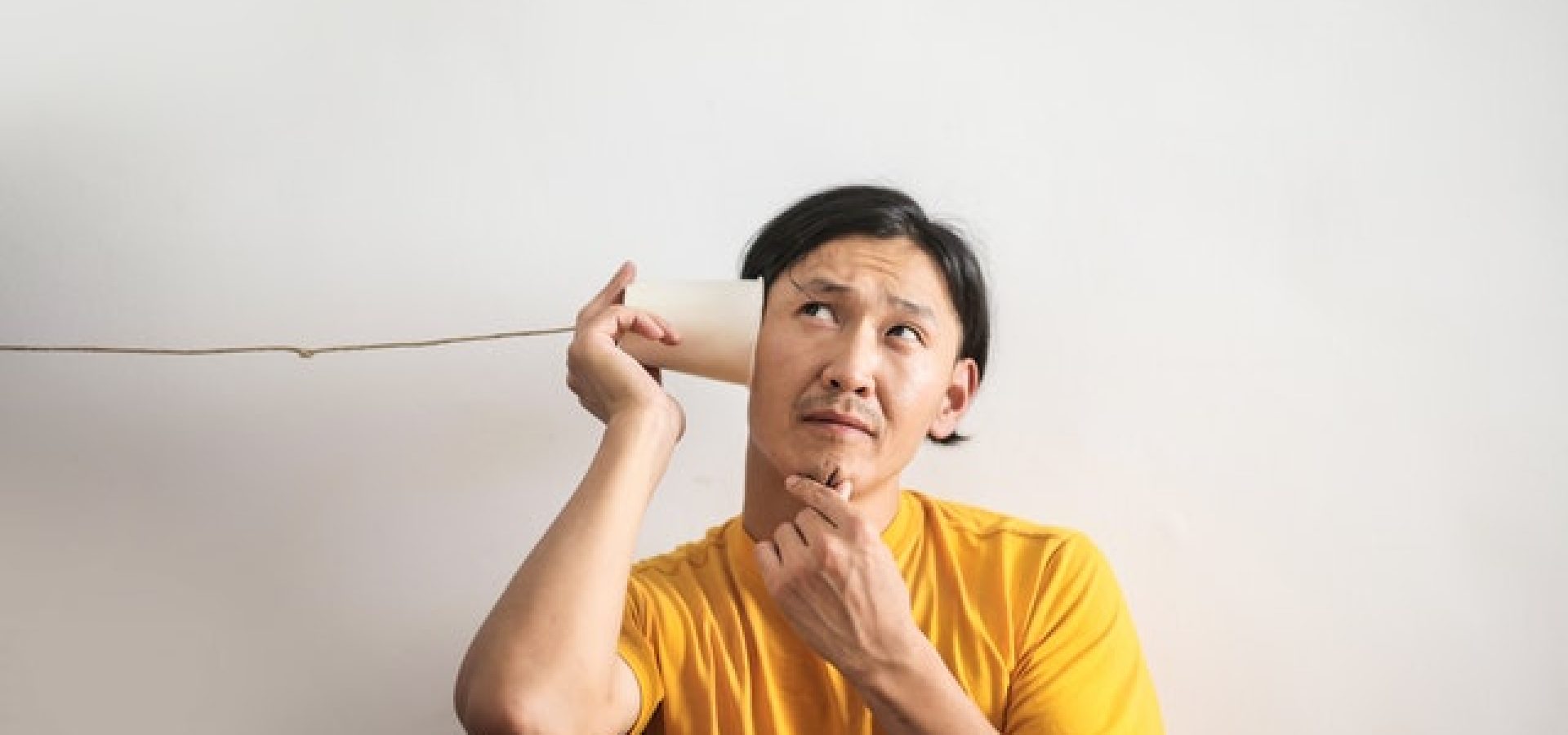Menu

Noise-induced hearing loss is a relatively common occurrence. If you are constantly subjected to noise levels that surpass 85 dB, your hearing may be permanently impaired.
Hearing loss may be a complicated issue to have to cope with. You will have difficulties participating in meaningful conversations with others, enjoying your favourite songs or movies, and may increase your risk of driving accidents as your hearing deteriorates (and other types of accidents). Hearing loss can also lead to mental health issues such as depression.
Exactly How Does Noise-Related Hearing Loss Work?
When you’re exposed to loud noise, it damages the tiny hair cells within your ears. They are susceptible to damage or destruction, causing your hearing to get worse.
The body can repair these hair cells, but when exposed to continuing loud noises, your body can’t replace these cells fast enough. After a while, you will no longer be able to hear certain sounds.
Here are a few examples of noises that can result in hearing loss:
- Jet engines
- Jackhammers
- Power tools
- Music at concerts, bars, and nightclubs
- Lawnmowers and other power equipment
- Car stereos
Is It Possible to Reverse Noise-Related Hearing Loss?
There is still no concrete solution for noise-induced hearing loss despite advances in science. If you have been exposed to loud noise, you should visit a doctor right away since swelling in the ear can cause long-term harm. By lowering inflammation, you may be able to reduce the harm that occurs. The tiny hair cells inside the ear transfer sound waves to the brain. They never regrow after being destroyed. As a result, after they’re gone, you’ll have irreversible hearing loss. Protecting your ears and contacting a specialist if you are currently experiencing hearing issues should be a top concern.
Sustained hearing loss can be categorized into one of three categories:
1. Sensorineural hearing loss
The most frequent kind of hearing loss is sensorineural hearing loss, which is caused by injury to the inner ear or the auditory nerve. These ear components are both sensitive and complicated, making therapy challenging. Most of the underlying factors outlined above can induce this form of hearing loss, which is typically permanent. This covers things like aging, harsh noises, and illnesses. Sensorineural hearing problems can also be influenced by genetics.
2. Conductive hearing loss
The second kind of hearing loss is conductive hearing loss, which happens when your ear canal, eardrum, or middle ear is damaged. This often happens as an effect of ear infections. In terms of the ear canal, this can be caused by impacted wax, earwax, and foreign objects. The eardrum can break or tear. In the middle ear, this can be caused by trauma and infection. This kind of hearing loss is often more treatable than sensorineural hearing loss.
3. Mixed hearing loss
The third type of hearing loss is a mix of the first two. In this situation, you lose some hearing, but a little remains. This type of hearing loss is most often caused by combining the first two types of hearing loss.
Ways to Prevent Noise-Related Hearing Loss
Hearing loss produced by loud noise is preventable. Adults and children can lower their risk of noise-induced hearing loss by doing the following:
- Understand that noise-induced hearing loss can cause communication and learning difficulties, ear discomfort or ringing (tinnitus), distorted or muted hearing, and an inability to hear some environmental noises and warning signs.
- Identify sources of loud sounds that can lead to hearing loss (such as gas-powered lawnmowers, snowmobiles, power tools, gunshots, or music) and attempt to limit exposure.
- Adopt the following behaviours to safeguard their hearing:
-Avoid or minimize your exposure to extremely loud sounds.
-Reduce the loudness of music systems.
-When feasible, move away from the source of loud sounds.
-When it is not possible to avoid or decrease exposure to loud sounds, use hearing protection devices.
- Seek a hearing evaluation from a certified audiologist or other skilled professional, especially if you are concerned about hearing loss.
Conclusion
Noise-induced hearing loss can diminish your hearing ability, which means you will miss out on essential conversations, alarms, and other sounds. You can protect yourself from this type of hearing loss by reducing noise exposure, wearing earplugs, and getting tested for hearing loss.
When it comes to protecting your ears, Fraser Valley Beltone is here to assist you. If you feel like you may be experiencing any hearing loss, including sensorineural hearing loss, schedule an appointment with an audiologist and visit your nearest hearing aid clinic in Abbotsford today.
Share Post
Facebook
Twitter
LinkedIn
Email
Reddit
Pinterest
